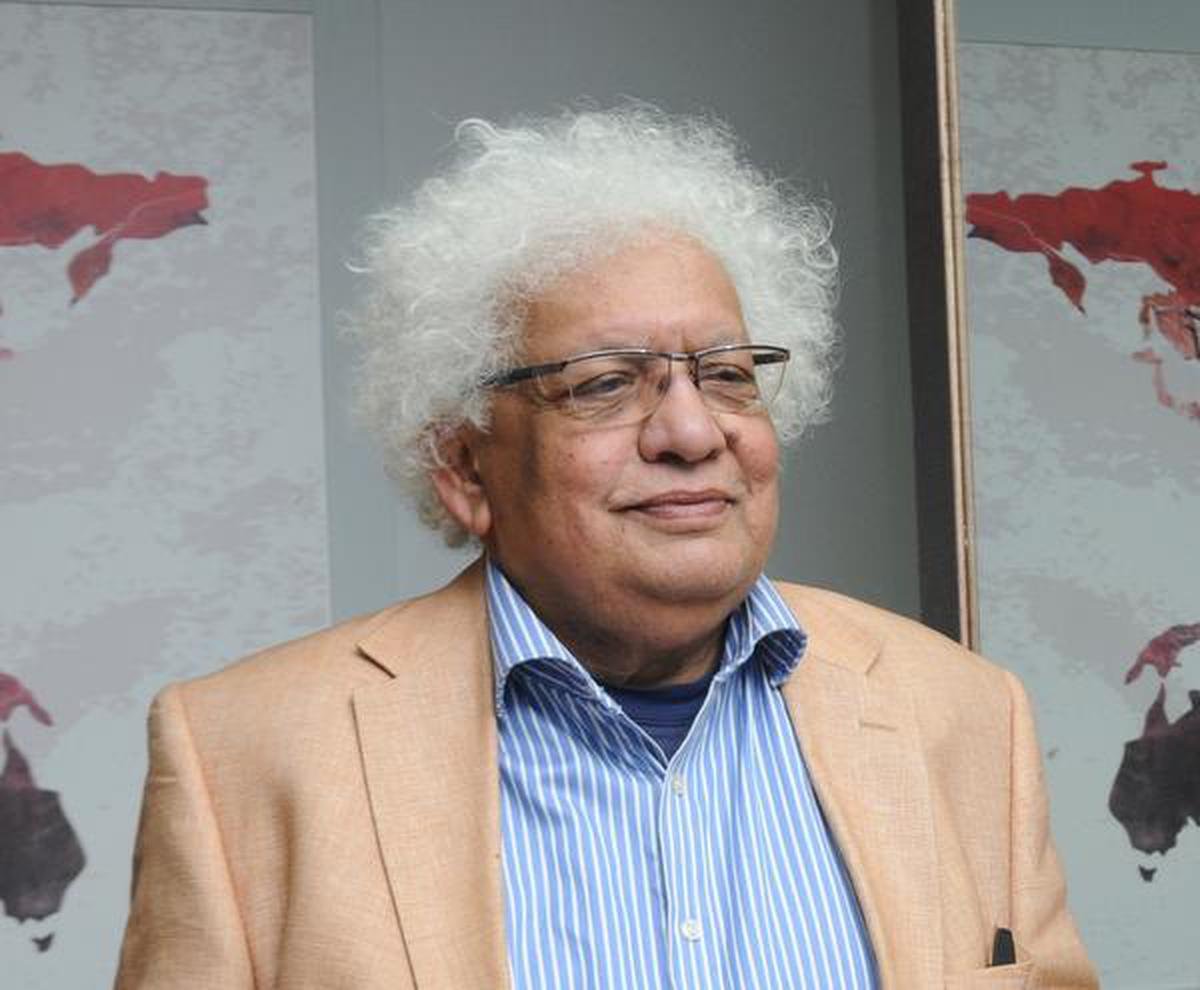The passing of Lord Meghnad Desai marked the end of a luminous chapter in intellectual history. Born in Vadodara, Desai earned his PhD from the University of Pennsylvania and taught at the London School of Economics (LSE) from 1965 until his retirement in 2003, becoming Professor Emeritus and founding LSE’s Development Studies Institute and the Centre for the Study of Global Governance. His erudition, ranging from econometrics to Marxian economic theory, established him as one of the most prolific scholars of his generation.
Desai’s academic oeuvre is formidable: journal articles galore and monographs such as Marxian Economic Theory, Marx’s Revenge and The Poverty of Political Economy. He was both a Marxist scholar and a thoughtful critic of unbridled neoliberalism, advocating democratic capitalism rooted in institutional resilience and social justice. His public writing – columns in Business Standard, Financial Express and London’s Tribune – translated complex economic insights into accessible commentary, emphasising equity in growth and the perils of ideological dogmatism.
Yet Desai’s impact transcended academia. Ennobled as Baron Desai of St Clement Danes in 1991, he served in the UK House of Lords and, even after resigning from the Labour Party in 2020 over antisemitism concerns, remained a singular, independent voice in public life. PM Modi paid tributes upon his death, describing him as a ‘distinguished thinker, writer and economist’ who played a role in deepening India‑UK ties. Other peers, colleagues and Indian diaspora leaders echoed similar sentiments about his role in cultural and intellectual bridging.
On India‑UK relations, Desai was prescient and strategic. He argued that the UK, post‑Brexit, needed India more than vice versa: India possesses a skilled labour force and a surging domestic market of 1.4 billion people, whereas the UK is hungry for both human capital and market access. His commentary found validation when the India-UK Free Trade Agreement (FTA), recently signed, eliminated tariffs on 99% of Indian exports to the UK and on 90% of UK exports to India, projecting nearly doubling bilateral trade by 2030. Desai’s foresight in economic diplomacy was vindicated in these developments.
Beyond trade and economics, Desai was instrumental in promoting symbolic gestures of bilateral goodwill: he, as Chairman of the Gandhi Memorial Statue Trust, helped install a statue of Mahatma Gandhi at Westminster, a cultural landmark echoing his belief in soft‑power connection and mutual respect between the two nations.
However, a critical appraisal must also note limitations. Desai’s Marxian leanings sometimes drew criticism in India’s mainstream economics for being insufficiently attuned to rapid market liberalization. And while he championed skilled migration and diaspora engagement, he did not fully grapple with concerns in the UK about immigration’s socio‑political backlash – issues that have come to the fore in the post‑Brexit political milieu.
Lord Meghnad Desai embodied the quintessence of an intellectual bridge between India and the UK. His scholarly rigour, public eloquence, and political engagement shaped discourses in two democracies at a time of geopolitics and economic realignment. As India‑UK ties deepen via trade, diaspora, defence, and innovation pathways, Desai’s legacy reminds us that equity, empathy and intellectual integrity are as essential to cooperation as any treaty.



